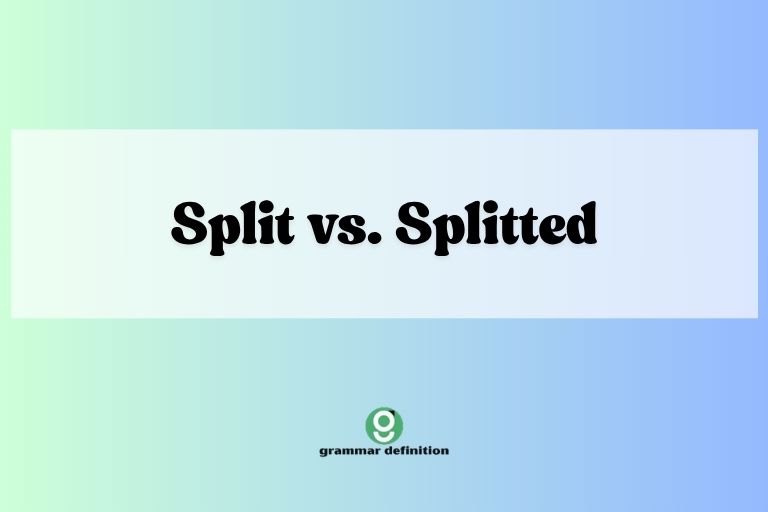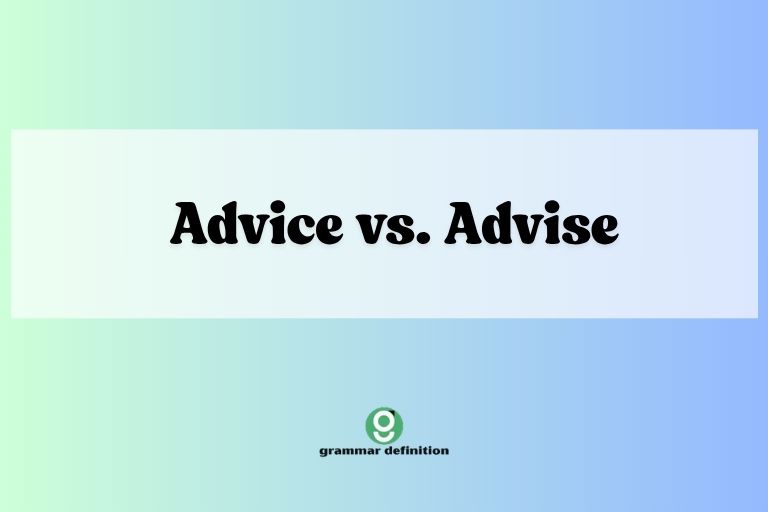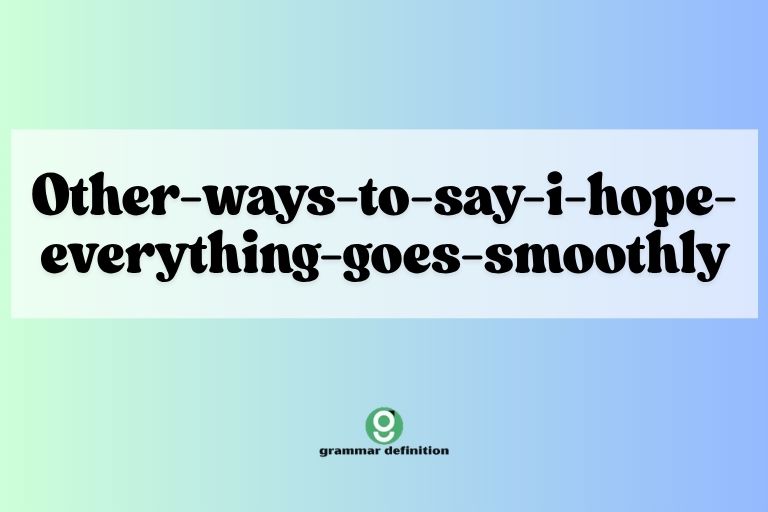Other Ways to Say “Continued Support”: A Grammar Guide
Expressing continued support requires more than just repeating the same phrase. Whether in professional emails, academic papers, or everyday conversations, varying your language demonstrates a richer understanding and adds nuance to your communication. This article explores numerous alternatives to “continued support,” enhancing your ability to convey encouragement, assistance, and solidarity effectively. It is designed to … Read more










